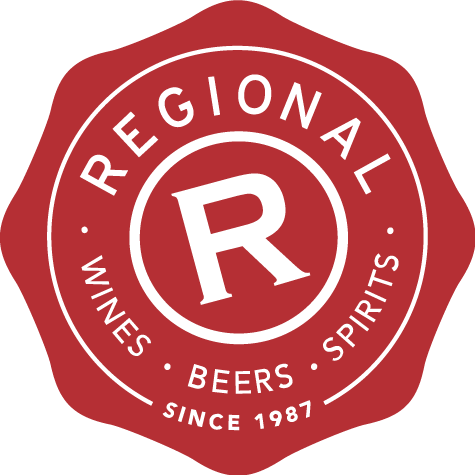The perils of ‘tasting’ wine…
It’s a dangerous game wine tasting! What do I mean by that? Well, it’s far easier just to drink the stuff - as soon as you engage the cerebral cortex and actually try to taste, things get complicated.
Having studied wine here and there and having certainly tasted a fair few over the years, I’ve noticed a few pitfalls, problems and traps that are often quite easy to fall into as soon as one starts taking the whole tasting thing to the next level. When trapped, things can quickly spiral, and before you know it, you’ve got yourself in a real pickle.
The wood for the trees
The temptation with wine is to dissect and deconstruct. Break a wine down into its integral parts and then qualify and quantify these until the picture that once was the wine - has now been told with a thousand words. This is great in principle - but you wouldn’t stand in front of a masterpiece by Titian, for example, and give the brush strokes a medium -, or list categorically which colours you think he used. If you did, you’d be missing the point. It’s undeniably a great painting - but it will arouse different emotions in different people, which brings me to my next point...
Can we really be completely objective?
Wine critics will tell you yes - but I’m not so sure. At the end of the day, quality is ultimately subjective, as we all have a taste preference and we are just too “hardwired” to turn that completely off. Someone with a penchant for oak would undeniably rate an oaky wine higher than someone who hates the stuff. Neither is wrong - neither is right - and what’s more, this subjectivity is what makes wine so compelling. Wine divides people all the time and the discussion that ensues is always the fun part of the evening - and sometimes the actual thing that makes the wine memorable. Don’t fight subjectivity, embrace it.
To score or not to score?
Scoring wine is really the ultimate portrayal of subjectivity. One person puts their name against an arbitrary value based on their opinion and knowledge. This makes scoring both good and bad - helpful and dangerous. Find a critic who magically aligns with your palate and bang you’re away - but to shun a product based on one person’s opinion would be crazy. Coming back to our Titian - would you really put a score next to that? How could you? What is the score relative to? If a self portrait by Titian scored a 97 but the Mona Lisa got a mere 92 - would you avert your gaze? Of course not - you’d want to look at it to see if you agreed.
Reverse engineering
There’s a big temptation in wine to delineate flavours and profiles based on grapes and regions - and of course this makes perfect sense. We open a bottle of Pinot Noir and already we are priming ourselves to taste red fruit, light tannins and high acidity. But beware of opening the vicious circle and stepping in! Soon you’ll be tasting what you expect to taste and not what you are actually tasting. Worse than that, the brain will start to make false connections and pretty soon you will have re-wired tour taste buds and olfactory system - nose and mouth will be reporting gibberish back to the brain and you’ll believe it. Blind tasting is the best antidote to this issue - do it whenever you can and trust your instincts enough to be honest with yourself. Did you spot the Pinot or did you think it was a Syrah? There’s more to be learnt in making errors than there is in reinforcing wrong opinions based on what we think we should know. which brings me to the final point...
Context is all
Our enjoyment of wine is almost certainly contextual. Blind tasting is the simplest example of this. In a multiple wine lineup, without doubt the previous wine will affect one’s perception of the next; the context of each wine is in effect altered by the previous. In the same way - tasting a wine around the dinner table with friends and great food will of course change your experience of that wine. The most memorable wines I can recall are really just bookmarks to occasions. The bottle of 1945 Cheval Noir for my mum’s 40th that oozed into the room when the decanter was brought out - the bottle of ‘82 Chateau Palmer that my Mum had been saving for the right occasion, and that we drank when she died. I remember them vividly, but somehow now couldn’t tell you what they tasted of. The memory of the wine has been assimilated into the happy, celebratory and bitter sweet memories of the occasions.
So next time you taste a wine, don't. Ignore the score and the blurb on the back - talk to the people around you and just drink it instead and see what happens - you might just surprise yourself.
